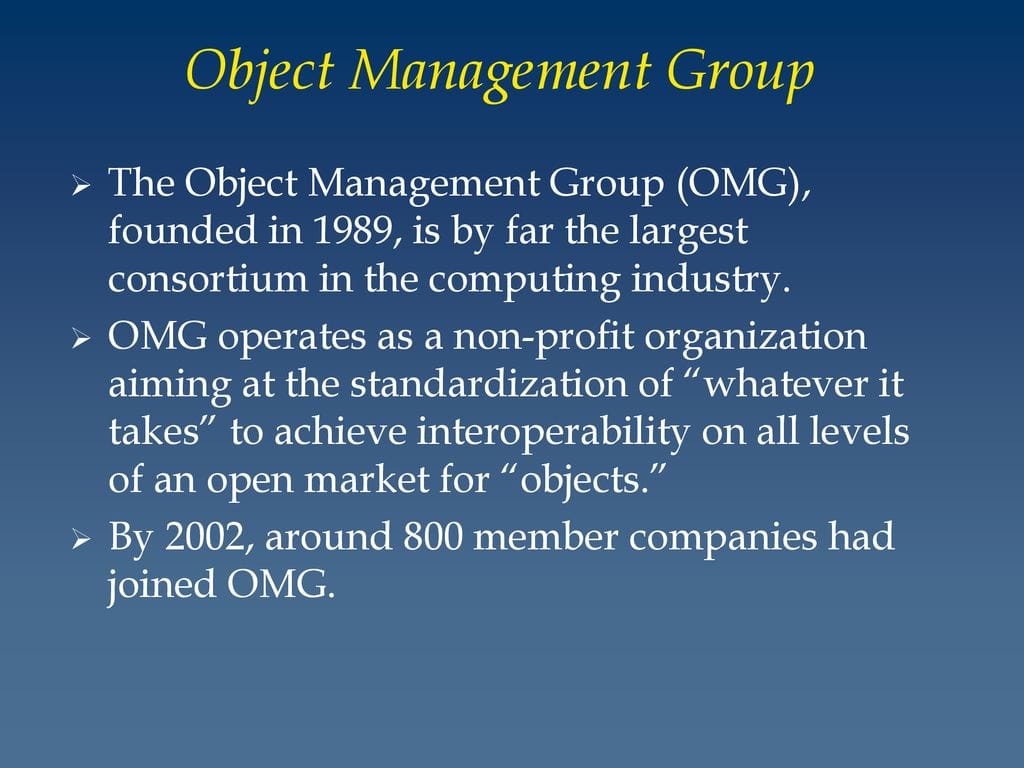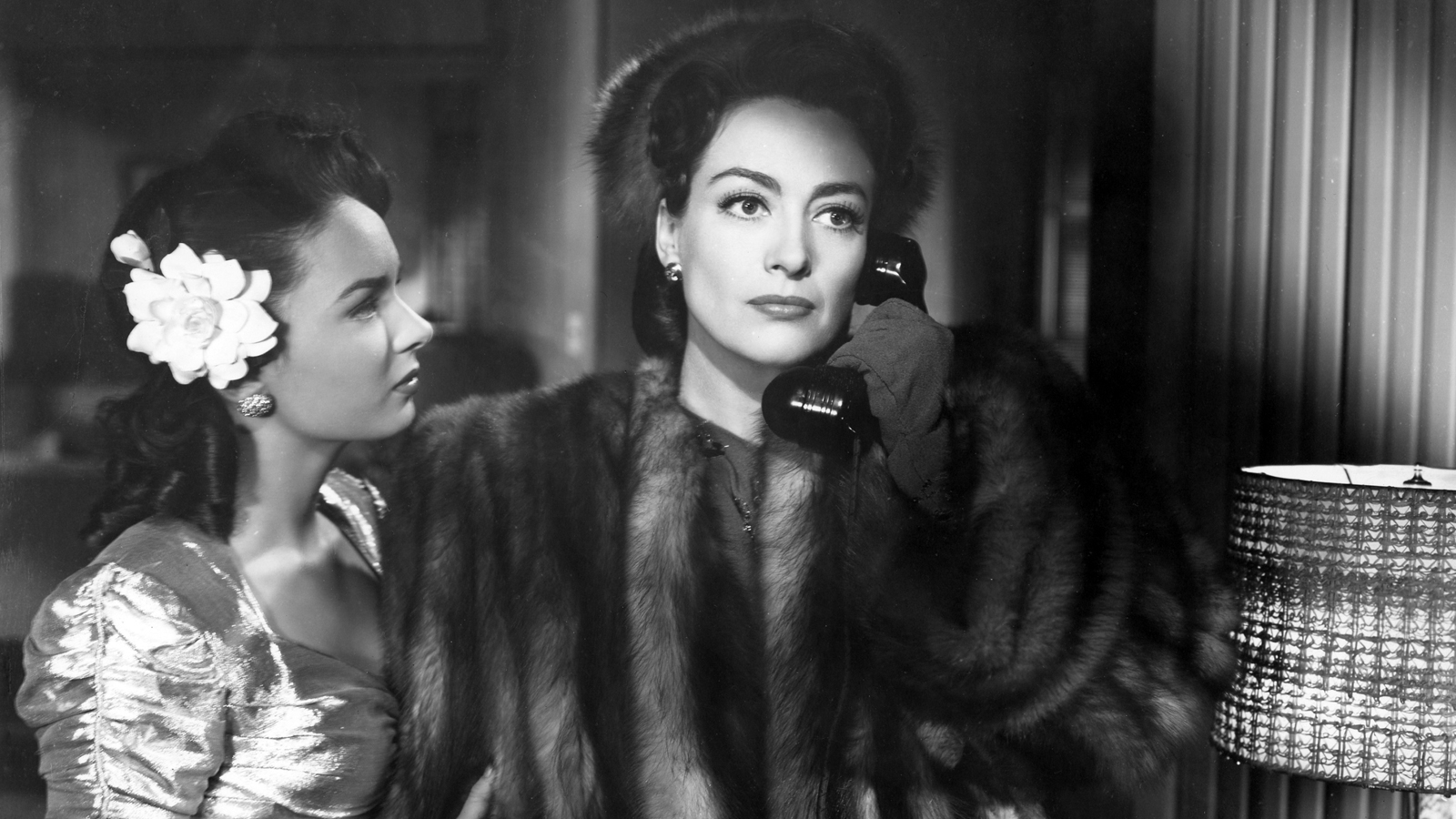Bruce Karatz, the former CEO of KB Home, transformed the company into a homebuilding giant while simultaneously becoming embroiled in a stock option backdating scandal that led to his conviction and sentencing. His story is a compelling study in ambition, innovation, and the consequences of ethical lapses.
From Humble Beginnings to Homebuilding Giant: Karatz’s Ascent
Karatz’s journey, from a childhood spent in Minneapolis where his family ran a movie theater, to the helm of a multi-billion dollar corporation, is a testament to his drive and business acumen. After earning degrees from Boston University and USC Gould School of Law, he joined Kaufman & Broad (later rebranded as KB Home [https://www.lolaapp.com/]) in 1972 as associate general counsel. This legal background, while seemingly unconventional for a future homebuilding titan, likely provided him with a unique perspective that shaped his approach to business. Just five years later, he transitioned to the homebuilding division, overseeing French operations. A bold marketing tactic – placing a full-sized model home atop a Parisian department store – hinted at the innovative thinking that would characterize his leadership.
In 1986, Karatz became CEO of KB Home. This marked the beginning of a period of transformative growth. He inherited a company that built a respectable 4,000 prefab homes annually. Karatz, however, envisioned something much larger. He championed the build-to-order model, empowering middle-class homebuyers to personalize their homes. This innovative approach revolutionized the industry and propelled KB Home’s profits to new heights. Revenue soared from $491 million to a staggering $11 billion, and the workforce expanded from 500 to 7,000 employees.
Beyond the Boardroom: Karatz’s Philanthropic Endeavors
Karatz’s story is not solely defined by corporate success. He demonstrated a commitment to social responsibility through his philanthropic work. Following the 1992 Los Angeles riots, he spearheaded KB Home’s efforts to rebuild Camp Hollywoodland, a vital resource for inner-city children. Similarly, after Hurricane Katrina devastated New Orleans, he led the company’s rebuilding initiatives in the affected areas. These actions suggest a desire to give back to the community and use his resources for the greater good. This philanthropic side adds another layer to his complex persona, raising questions about the interplay of good deeds and ethical lapses. Dive into the captivating life stories of renowned figures like bruce hasselberg and the enigmatic cassidy zee gorden, whose journeys are sure to leave you inspired.
The Downfall: The Stock Option Backdating Scandal
The housing market boom of the early 2000s brought with it a wave of ethically questionable practices, including stock option backdating. This tactic involves manipulating the grant dates of stock options to secure a lower price and maximize profits. Karatz, it seems, became entangled in this web of deception. In 2008, the Securities and Exchange Commission (SEC) filed civil charges against him, which he settled. However, a federal grand jury subsequently indicted him on multiple counts of fraud. The trial revealed a complex scheme designed to boost his compensation and mislead investors. In 2010, he was convicted on four felony counts related to stock option backdating, which may have included mail fraud and making false statements to accountants and the SEC.
The Aftermath: Sentencing, Controversy, and a Second Act
Despite facing a potential five-year prison sentence, Karatz received a significantly lighter punishment: five years’ probation, eight months of home detention, and a $1 million fine. This leniency sparked public debate. Some argued that his philanthropic efforts and previous good deeds influenced the judge’s decision. Others criticized the sentence as a symptom of a system that treats powerful figures differently than ordinary citizens. The controversy highlighted the complexities of sentencing in white-collar crime cases and the ongoing discussion regarding fairness and accountability.
After his conviction, Karatz established BK Capital LLC in Beverly Hills. In 2013, he received recognition from The Malibu Times, suggesting an attempt to rebuild his reputation and career. This raises questions about the possibility of redemption and second chances after a fall from grace. Karatz’s story continues to be a subject of analysis, offering valuable insights into the complexities of corporate governance, executive compensation, and the enduring human capacity for both success and failure. His legacy remains a complex tapestry woven with threads of innovation, philanthropy, and ethical transgression, prompting reflection on the true meaning of success and the enduring consequences of our choices.
- HelpCare Plus: Revolutionizing Affordable and Accessible Healthcare - December 29, 2024
- Boom & Bucket: Your Digital Marketplace for Used Heavy Equipment - December 28, 2024
- Ankle Bones Crossword Clue: Solutions, Tips & Anatomical Insights - December 28, 2024














